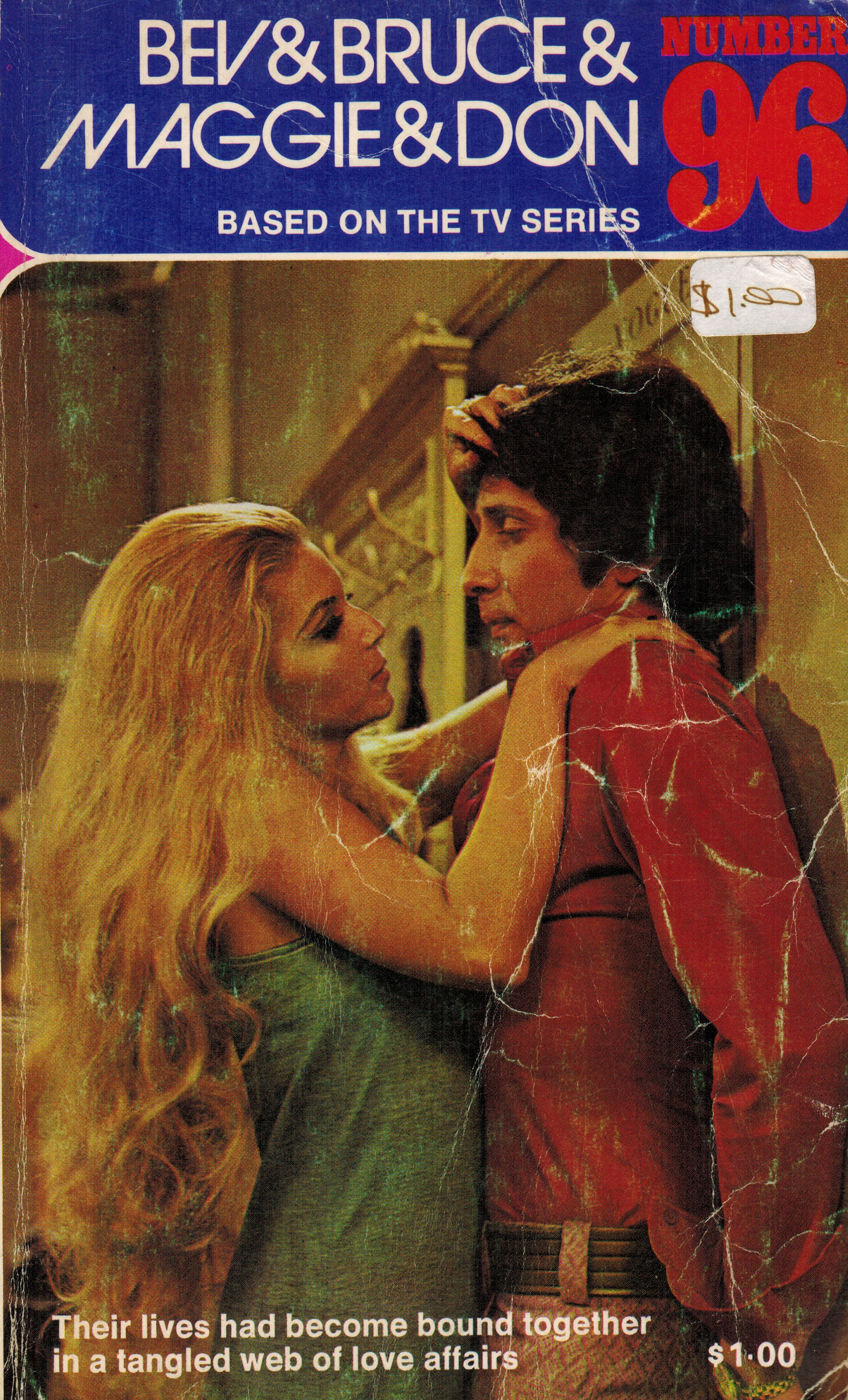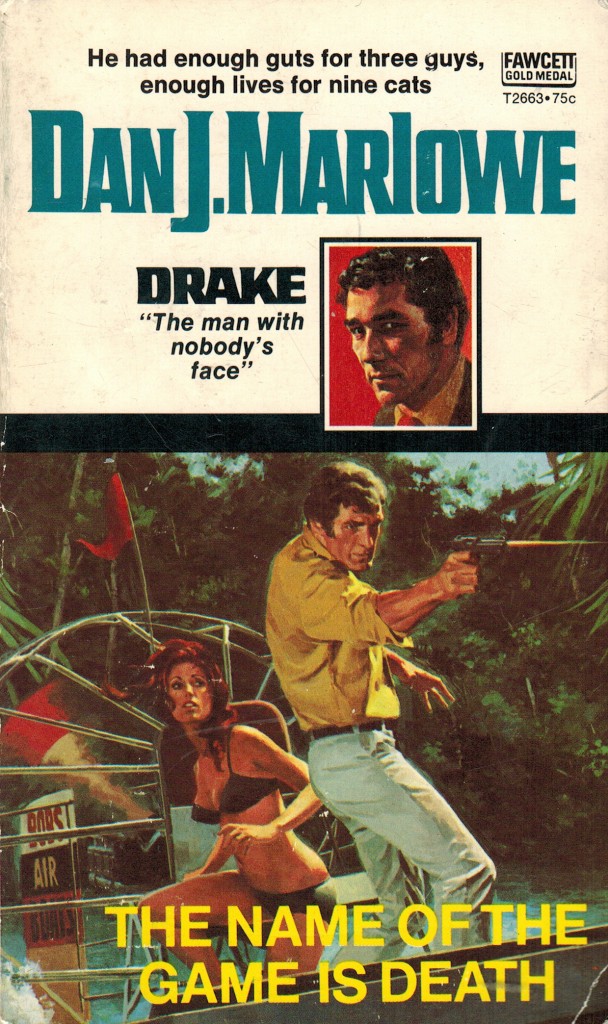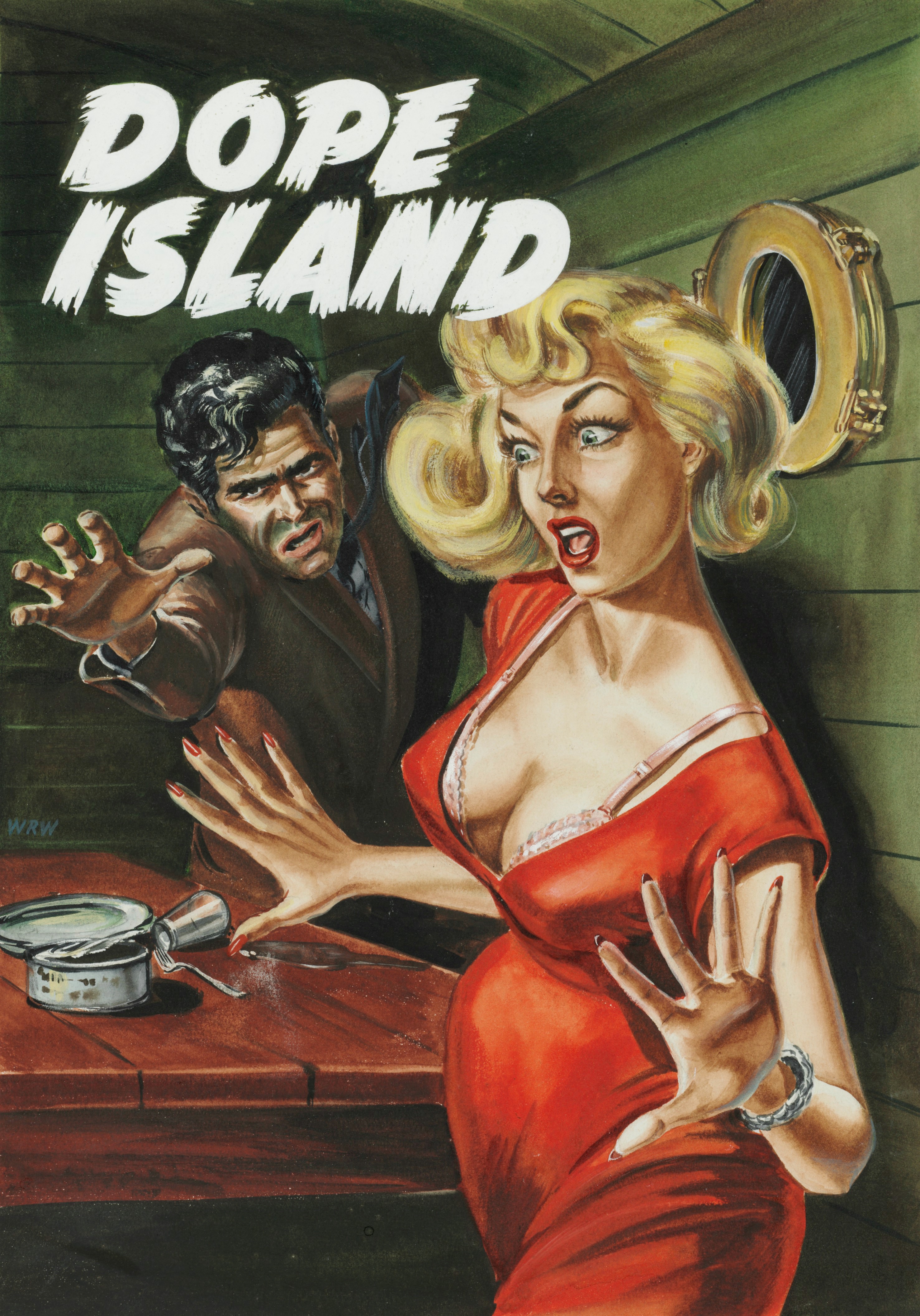Search
-
Recent Posts
- Dishing up Pulp Curry in a new way: why I am starting a Substack newsletter
- Book reviews: Deadly dames, midcentury Brit pulp and 1970s science fiction
- Mackenna’s Gold (1969): Gold, Ghosts and Frontier Violence
- Orphan Road book launch
- Orphan Road now available
- Pre-orders open for my new novel, Orphan Road
- Cover reveal: Orphan Road, my follow up to Gunshine State
- Breakfast in the Ruins podcast: New English Library Bikermania
- Why 1973 was the year Sidney Lumet took on police corruption
- Men’s Adventure Quarterly: Gang Girls issue
Categories
- 1960s American crime films
- 1970s American crime films
- 1980s American crime films
- 1990s American crime films
- Adrian McKinty
- Albert Dekker
- Andre De Toth
- Angela Savage
- Angie Dickinson
- Anthony Zerbe
- Asian noir
- Australian crime fiction
- Australian crime film
- Australian noir
- Australian popular culture
- Australian pulp fiction
- Australian television history
- Ava Gardner
- Beat culture
- Belmont Tower Books
- Ben Wheatley
- Billie Whitelaw
- Black pulp fiction
- Blaxsploitation
- Book cover design
- Book Reviews
- British crime cinema
- British pulp fiction
- Bryan Brown
- Burt Lancaster
- Carter Brown
- Charles Durning
- Charles Willeford
- Chester Himes
- Christopher G Moore
- Christopher Lee
- Cinema culture
- Claude Atkins
- Coronet Books
- Crawford Productions
- Crime Factory
- Crime Factory Publications
- Crime fiction
- Crime fiction and film from Africa
- Crime fiction and film from Cambodia
- Crime fiction and film from China
- Crime fiction and film from India
- Crime fiction and film from Indonesia
- Crime fiction and film from Japan
- Crime fiction and film from Laos
- Crime fiction and film from Latin and Central America
- Crime fiction and film from Malaysia
- Crime fiction and film from New Zealand
- Crime fiction and film from Scandinavia
- Crime fiction and film from Singapore
- Crime fiction and film from South Korea
- Crime fiction and film from Thailand
- Crime fiction and film from the Philippines
- Crime Fiction and film set in Vietnam
- Crime film
- Dangerous Visions and New Worlds Radical Science Fiction 1950 to 1985
- David Goodis
- David Peace
- David Whish-Wilson
- Derek Raymond
- Diana Dors
- Dirk Bogarde
- Don Siegel
- Don Winslow
- Donald Westlake aka Richard Stark
- Dystopian cinema
- Ernest Borgnine
- Eurocrime
- Fawcett Gold Medal Books
- Femme fatale
- Fernando Di Leo
- Filipino genre films
- Film Noir
- Forgotten Melbourne
- French cinema
- French crime fiction
- Garry Disher
- Gene Hackman
- George V Higgins
- Georges Simenon
- Ghost Money
- Giallo cinema
- Gil Brewer
- Girl Gangs, Biker Boys and Real Cool Cats: Pulp Fiction & Youth Culture, 1950-1980
- Gloria Grahame
- Gold Star Publications
- Gregory Peck
- Gunshine State
- Heist films
- Horror
- Horwitz Publications
- Humphrey Bogart
- Ian Fleming
- Interviews
- Ira Levin
- James Caan
- James Crumley
- James Ellroy
- James Hadley Chase
- James Woods
- Jim Brown
- Jim Thompson
- Joel Edgerton
- John Frankenheimer
- Joseph Losey
- Karen Black
- Kerry Greenwood
- Kinji Fukasaku
- Larry Kent
- Laura Elizabeth Woolett
- Lee Marvin
- Leigh Redhead
- Lindy Cameron
- M Emmet Walsh
- Mad Max
- Mafia
- Malla Nunn
- Martin Limon
- Megan Abbott
- Melbourne International Film Festival
- Melbourne Writers Festival
- Men's Adventure Magazines
- Michael Caine
- Michael Fassbender
- Mickey Spillane
- Monarch Books
- Ned Kelly Awards
- Neo Noir
- New English Library
- Newton Thornburg
- Noir Con
- Noir fiction
- Non-crime reviews
- Oren Moverman
- Orphan Road
- Ozsploitation
- Pan Books
- Parker
- Paul Newman
- Peter Boyle
- Peter Corris
- Peter Strickland
- Peter Yates
- Poliziotteschi
- Pulp fiction
- Pulp fiction in the 70s and 80s
- Pulp fiction set in Asia
- Pulp Friday
- Pulp paperback cover art
- Qui Xiaolong
- Raymond Chandler
- Richard Burton
- Richard Conte
- Robert Aldrich
- Robert Mitchum
- Robert Ryan
- Robert Stone
- Rock Hudson
- Roger Smith
- Rollerball
- Rosaleen Norton
- Roy Scheider
- Rural noir
- Sam Levene
- Sam Peckinpah
- Samuel Fuller
- Science fiction and fantasy
- Scripts Publications
- Sidney Lumet
- Sidney Poitier
- Simon Harvester
- Snowtown
- Snubnose Press
- Spies
- Stanley Baker
- Sterling Hayden
- Steve McQueen
- Sticking it the the Man Revolution and Counter Culture in Pulp and Popular Fiction 1950 1980
- Stuart Rosenberg
- Tandem Books
- Tart noir
- Tartan Noir
- Ted Lewis
- Toni Johnson Woods
- True crime
- Vicki Hendricks
- Victor Mature
- Vintage mug shots
- Vintage pulp paperback covers
- Wallace Stroby
- War film
- Westerns
- William Friedkin
- Woody Strode
- Yakuza films
- Yaphet Kotto
Nothing but noir
Recommended reading
The lurid world of pulp
- 20th century Danny Boy
- American Pulps
- Bear Alley
- Bloody, Spicy, Books
- Comics Down Under
- Everything second hand
- Existential Ennui
- Greenleaf Classic Books
- Irv O. Neil's Erotica is My Trade
- Killer Covers
- Lost Classics of Teen Lit 1939-1989
- Luminist Archives
- Men's Pulp Mags
- Mporcius Fiction Log
- Murder, Mayhem and Long Dogs
- Neglected Books
- Nocturnal Revelries
- Paperback Warrior
- Paperbacks of the Gods
- Pop Sensation
- Pulp artists
- Pulp Covers
- Pulp Crazy
- Pulp Flakes
- Pulp International
- Pulp Magazines Project
- Pulp Serenade
- Realms of the Night
- Romance Fiction Has a History
- Rough Edges
- Sin Street Sleaze
- Spy Guys and Gals
- The department of Afro American Research Arts & Culture
- The Dusty Bookcase
- The Haunted World of Richard Sala
- The Moon Lens
- The Nick Carter & Carter Brown Blog
- The Pulp & Paperback Fiction Reader
- Too Much Horror Fiction
- True Pulp Fiction
- Vault of Horror
- Vintage Nurse Romance Novels
- Vintage Romance Novels
- Welcome to the Pan Paperback
- Yellow and Creased
Support This Site
If you like what I do please support me on Ko-fi
Category Archives: Pulp Friday
Pulp Friday: The Name of the Game is Death
Today’s Pulp Friday offering will be familiar to fans of hardboiled crime fiction, the 1972 edition of The Name of the Game Is Death, by Dan J Marlowe, published by Fawcett Gold Medal.
Although Marlowe is not well known today, aficionados acknowledge he had a major impact on the genre. His books are often compared to Jim Thompson and he influenced writers such as Steven King, and no doubt many others.
I first heard of The Name of the Game is Death during an interview I conducted last year with New Jersey-based Wallace Stroby for issue 17 of Crime Factory (that interview is available in full here). I asked Stroby about some of the lesser-known sixties pulp paperback crime writers who had influenced him, and he nominated Marlowe and, in particular, this book.
Originally published in 1962, The Name of the Game Is Death begins with three criminals pulling a bank heist in Phoenix, Arizona. One of the team is killed in the attempted getaway, another flees to Florida with the money, while the third, the narrator, plans to meet up with him later when police attention has died down. When the accomplice breaks contact, the narrator suspects something is up and travels to the small town from which the accomplice last contacted him, to see for himself what has happened.… Read more
Pulp Friday: Pulp Confidential: Quick & dirty publishing from the 40s & 50s
When I first started researching the history of Australian pulp paperback publishing I thought libraries would be crammed with old papers from the various publishers who churned the books out in the fifties, sixties and seventies. I have since realised that paper takes up a lot of space to store and space is something that is at a premium at most libraries, be they public or university.
That is assuming individuals even had the presence of mind to realise that the records relating to pulp publishing were something worth keeping for future generations.
This is why Pulp Confidential: Quick and dirty publishing from the 40s to 50s, an exhibition currently showing at the State Library of NSW, is so interesting and unusual. The exhibition showcases papers, manuscripts, correspondence and artwork relating to Frank Johnson Publications, a small pulp-publishing operation active in Sydney in the 1940s and 1950s.
Johnson was member of the Sydney bohemian set in the twenties. He had high literary pretensions but moved into pulp publishing in response to the gap in local reading material resulting from the tariff placed on foreign imported printed matter in 1938.
Johnson died in 1960, after which the State Library wrote to his family, asking whether they had kept his papers. His daughter responded five years later, saying there was a considerable amount of paperwork relating to Johnson’s work in a shed at the back of her house.… Read more
Pulp Friday: The World of Suzie Wong

The World of Suzi Wong is perhaps best known as a 1960 movie starring William Holden and Nancy Kwan. But before – and after – it was a movie, it was a book by English writer, Richard Mason.
The story concerns an American architect and aspiring artist Robert Lomax, who relocates to Hong Kong for a year to see if he can make a living as a painter. With a limited budget he takes a cheap in an infamous section of the Hong Kong waterfront, where he meets and eventually falls in love with a local prostitute who goes by the name, Suzie Wong
This week’s Pulp Friday offering is a series of paperback covers from the various editions of The World of Suzi Wong. All the covers focus more or less on the chao song clad figure of Suzi Wong, but the illustration for the version published in Australia by Horwitz, is the most suggestive. As if the image was not enough, the cover blurb adds: “Passionate torment against a background of vice on the Hong Kong waterfront”.
Enjoy the long weekend.… Read more
Pulp Friday: Number 96 paperback tie-ins
 Like the television show they were based on, today’s Pulp Friday offering, Number 96 paperback tie-ins, contain nudity, sex, free love, devil worship, infidelity and murder.
Like the television show they were based on, today’s Pulp Friday offering, Number 96 paperback tie-ins, contain nudity, sex, free love, devil worship, infidelity and murder.
The Australian TV soap opera Number 96 depicted the lives of the residents of a fictitious block of inner Sydney flats. These days it comes across as a cultural curio and a sleazy late night commercial TV reminder of early, pre-feminist, seventies. It was indeed those things, but also much more.
Number 96 debuted on March 13 1972, “The night Australian television lost its virginity”. There was moral outrage about the explicit nature of the show and protestors picketed Channel 0 (now the Ten Network) with placards demanding the station “ban this filth”.
It was a huge success with audiences, however, who were keen to dive head first into the warm water of the increasingly sexually liberated early seventies. The show resulted in a feature film and even had its own passenger train that transported the cast and crew from Sydney to Melbourne for the annual Logie awards (Australia’s equivalent of the Emmys). The train made stops at country towns along the way at which thousands turned out to see it.
The end titles always featured a shot of the exterior of the apartment block.… Read more
Pulp Friday: Scobie Malone & “our new Errol Flynn”
 Something a little different for this week’s Pulp Friday.
Something a little different for this week’s Pulp Friday.
I recently watched the 1975 Australian film, Scobie Malone, starring Jack Thompson. Also known as Murder at the Opera House and Helga’s Web, the latter from the title of the 1970 Jon Cleary it is based on, the film was long unavailable until its recent re-release by Umbrella Entertainment.
The plot involves larrikan Sydney homicide detective Sergeant Scobie Malone (Jack Thompson) investigating the murder of a women whose body is found in the Sydney Opera House. In the course of his inquires, Malone discovers the women, Helga (Judy Morris), was a high priced prostitute involved with several important clients, including the Minister for Culture (James Workman), who she was blackmailing, and film director Jack Savannah (Joe Martin).
There are numerous suspects for her death, including the Minister’s wife and a local criminal going by the wonderful name of Mister Sin (Noel Ferrier). The events leading up to Helga’s death are told in a series of flashbacks. Most of the police work is done by Malone’s hapless offsider (Shane Porteous), leaving the title character to spend most of his screen time having sex with a bewildering variety of women, including nearly all the female inhabitants of the singles only block of flats he lives in.… Read more
Posted in Australian crime fiction, Australian crime film, Australian popular culture, Ozsploitation, Pulp Friday
Tagged Helga's Web, Jack Thomspon, James Workman, Jon Clearly, Judy Morris, Movie News, Nobody Runs Forever (1968), Noel Ferrier, Rod Taylor, Scobie Malone (1975), Shane Porteous, The High Commissioner





















